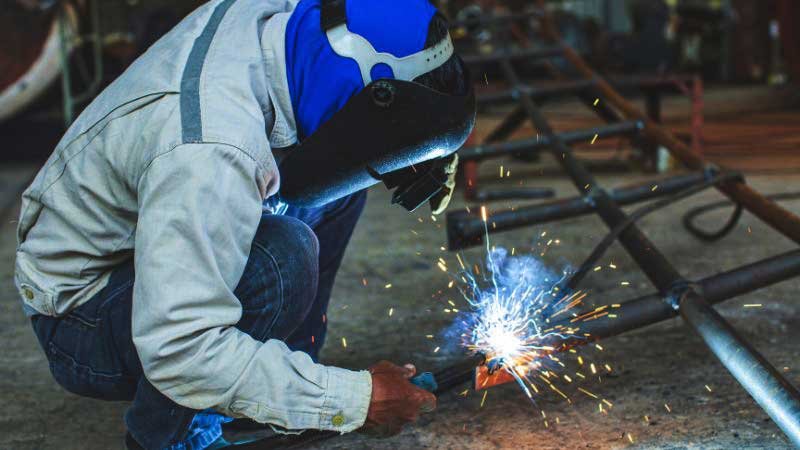Opportunities for Sheet Metal Worker in Australia
Sheet metal workers are in high demand in Australia, with a critical shortage of skilled tradespeople. This means that there are excellent opportunities for sheet metal workers to immigrate to Australia and find work in their chosen field.
High demand for sheet metal workers in Australia presents excellent immigration and job prospects due to a shortage of skilled tradespeople.
Mangalath Immigration Tweet
Skills and Qualifications
To be eligible for a skilled visa as a sheet metal worker in Australia, you will need to have the following skills and qualifications:
- A Certificate III in Sheet Metal Work or equivalent qualification
- At least two years of experience working as a sheet metal worker
- A good level of English language proficiency
Visa Options
There are a number of different visa options available to sheet metal workers who want to immigrate to Australia. The most popular options include:
- Skilled Independent Visa (subclass 189): This visa is for skilled workers who want to immigrate to Australia independently without the need for sponsorship by an Australian employer.
- Skilled Nominated Visa (subclass 190): This visa is for skilled workers who have been nominated by an Australian state or territory government.
- Temporary Skill Shortage (TSS) Visa (subclass 482): This visa is for skilled workers who are being sponsored by an Australian employer.
Job Market
The job market for sheet metal workers in Australia is strong, with high demand for skilled tradespeople in a variety of industries, including construction, manufacturing, and mining. Sheet metal workers typically earn good wages and have excellent career prospects.
Salaries
The average salary for a sheet metal worker in Australia is around $60,000 per year. However, wages can vary depending on experience, qualifications, and location.
Lifestyle
Australia is a great country to live and work, with a high standard of living, excellent healthcare, and a relaxed lifestyle. Sheet metal workers can enjoy a good quality of life and have the opportunity to experience all that Australia has to offer.
Overall, there are excellent opportunities for sheet metal workers to immigrate to Australia and build a successful career in their chosen field. If you are a sheet metal worker who is interested in immigrating to Australia, I encourage you to contact a registered migration agent to discuss your options.
How Do I Apply?
You should carefully prepare and submit your application for a family and relative visa. Contact Mr. Murali Mangalath, Managing Director of Mangalath Immigration. He provides Immigration advice and assistance to you. An efficient team at Mangalath Immigration Pty Ltd, who have extensive experience in applying for this class of visa for the past decade, will handle the process. Please visit our Testimonial page on this website, Facebook page and Google Review to find testimonies provided by our clients.
We will help make sure that a complete application is ready and that you receive your visa as quickly as possible. So why wait contact us today to get a head start.
Opportunities for Sheet Metal Worker in Australia Read More »






